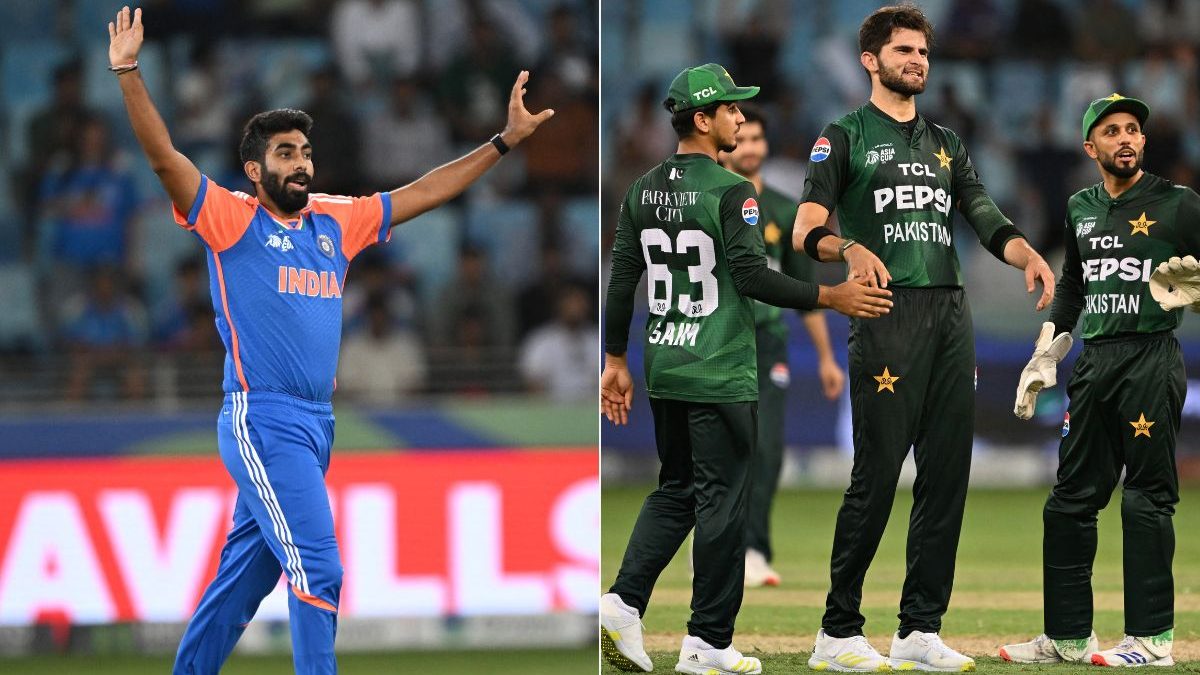

Former Pakistan fast bowler Umar Gul has criticized Pakistan's cricket policies, particularly regarding workload management and the rotation of players, citing India's handling of Jasprit Bumrah as a contrasting example.
Speaking on PTV Sports, Gul highlighted a significant issue within Pakistan's cricket culture: senior players often prioritize playing even when not fully fit, fearing that a replacement's strong performance could jeopardize their position in the team. Gul stated that players will push to play even at "70-80% fit" due to the absence of a supportive rotation policy. He argued that the priority should be the senior player, ensuring their return to the team once fully fit.
Gul contrasted this with the Indian cricket system, praising the Board of Control for Cricket in India (BCCI) for its careful management of Bumrah's workload. He noted how Bumrah was strategically rested during the Test series against England to maintain his freshness. This approach allowed Mohammed Siraj to step in, deliver match-winning performances, and win the Player of the Match award. Gul pointed out that Bumrah's freshness and sharpness in the ongoing Asia Cup are a direct result of this long-term planning and player management.
Gul questioned whether Pakistan would ever take such a risk with a senior bowler, answering negatively. He explained that the prevailing culture in Pakistan often pressures senior players to rush back from injuries, even if they are not completely recovered. This fear of losing their place can lead to premature returns, potentially shortening careers and weakening the team in the long run.
Gul emphasized that both players and management share responsibility for injury prevention and recovery. While doctors and trainers can offer guidance, cricketers must be honest about their need for rest and their readiness to play. He added that the management, trainers, and medical staff all have a responsibility in injuries and rehab. Gul believes that some players in Pakistan have had imperfect rehabs after injuries, leading to a decrease in pace. He lauded the Indian system, where the rehab protocols ensure complete recovery, further bolstered by a robust rotation policy.
Gul stressed the importance of trust within the team and a well-defined rotation policy. He suggested that Pakistan should develop a system where senior players are confident that they will be prioritized upon their return to full fitness. This would encourage players to take the necessary time to recover properly without the fear of being permanently replaced.
Gul's comments have ignited discussions about the potential adoption of a structured workload rotation policy by the Pakistan Cricket Board (PCB), mirroring India's approach. Such a policy aims to protect key players from burnout and injuries, ensuring their peak performance in crucial tournaments.
The contrast between India's and Pakistan's approaches is evident. India's system fosters trust, builds depth, and keeps its stars fresh, while Pakistan's environment breeds insecurity, potentially burning out bowlers and highlighting batting fragility.
Gul's critique comes at a time when Pakistan's performance is under scrutiny. Following a recent match against Oman where Pakistan struggled to score on a batting-friendly pitch, fans have expressed frustration. This situation underscores the need for Pakistan to address its cricket policies and adopt a more sustainable approach to player management. As the Asia Cup progresses, the question remains whether Pakistan will embrace long-term planning or continue to repeat past mistakes, while India forges ahead with confidence.